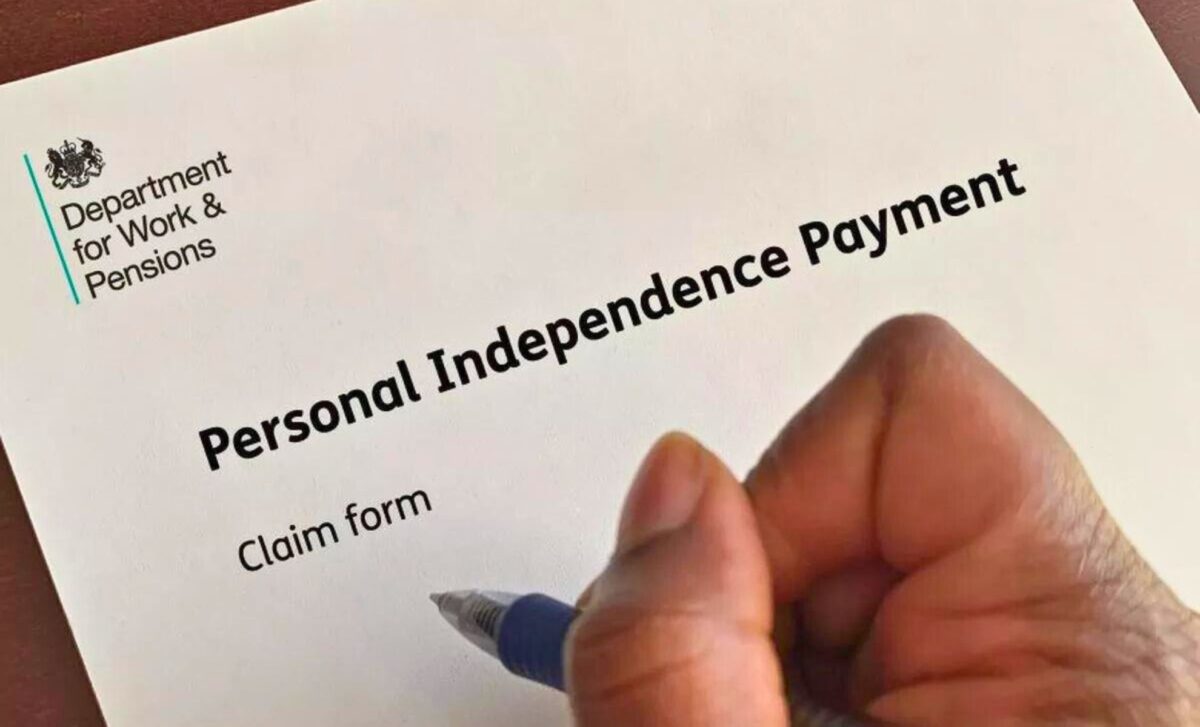The UK’s Department for Work and Pensions (DWP) recently completed a major review of the Personal Independence Payments (PIP) system, which offers financial support to people with health conditions or disabilities that affect their ability to carry out everyday tasks. Following this review, around 220,000 recipients have had their PIP withdrawn.
The review process lasted for five years, from February 2019 to January 2024. During this time, the DWP re-evaluated the circumstances of PIP recipients to determine their ongoing eligibility for financial assistance.
Recipients are regularly assessed by the DWP to determine whether their health has improved to the point where they no longer require financial support. These assessments usually take place at the end of a defined period or when a claimant reports a change in circumstances.
PIP System Review Outcomes
The review produced several findings. 20% of the assessments resulted in the discontinuation of payments as claimants no longer met the necessary criteria. In contrast, 52% of claimants were permitted to continue receiving PIP. 19% of the reviewed cases resulted in an increase in aid amount, while 8% experienced a reduction in payment.
| Outcome | Percentage (%) |
|---|---|
| Payments stopped | 20 |
| Payments continued | 52 |
| Increase in payment | 19 |
| Decrease in payment | 8 |
DWP’s Stance
The DWP has recently indicated that it is facing an “unprecedented” increase in requests for help. This could be due to increased awareness of PIP and an ageing population.
“Allowances can be reviewed either when a claimant reports a change in circumstances or at the end of the review period set when the allowance was originally awarded. When an allowance is reviewed, the level of the allowance is assessed and may be changed (which may happen with or without the case first being referred to an assessment provider).” stated the DWP.
Increase in DWP Universal Credit payments
Despite the PIP cuts, the Department for Work and Pensions will increase payments to millions of people on Universal Credit next month. As part of the Autumn Statement 2023, the Chancellor announced that Universal Credit and other Department for Work and Pensions benefit payments will increase in the new financial year.
During the parliamentary session, the Chancellor announced that the government would raise Universal Credit and other benefits by 6.7%, in accordance with September’s inflation figures. This increase, effective from April 1, will result in an average of £470 for 5.5 million households.
£900 Boost in State Pension Rates
Next month, state pensions will increase by up to £900 for pensioners, as announced in last year’s autumn statement. The Chancellor confirmed that the triple lock on pensions would be upheld, with pensions set to rise from April 1.
The triple lock scheme guarantees an increase in line with average earnings, inflation or 2.5%, whichever is higher. Pensions will rise by 8.5% next month.
“We honour our commitment to the triple lock in full. We will increase the new state pension by 8.5 per cent, worth up to £900 more a year.” Said Chancellor Jeremy Hunt.










I recently had a review for my pip. I appealed against the decision in 2021. I had a telephone conciliation 3 week ago. Last week I got a telephone call of pip. The lady I spoke to asked me if I wanted my back pay all at once or in installments. Then I got a letter saying that they haven’t made a decision as yet and would be in touch as soon as they had. This has really confused me!!! Does it mean I will be awarded it or not?